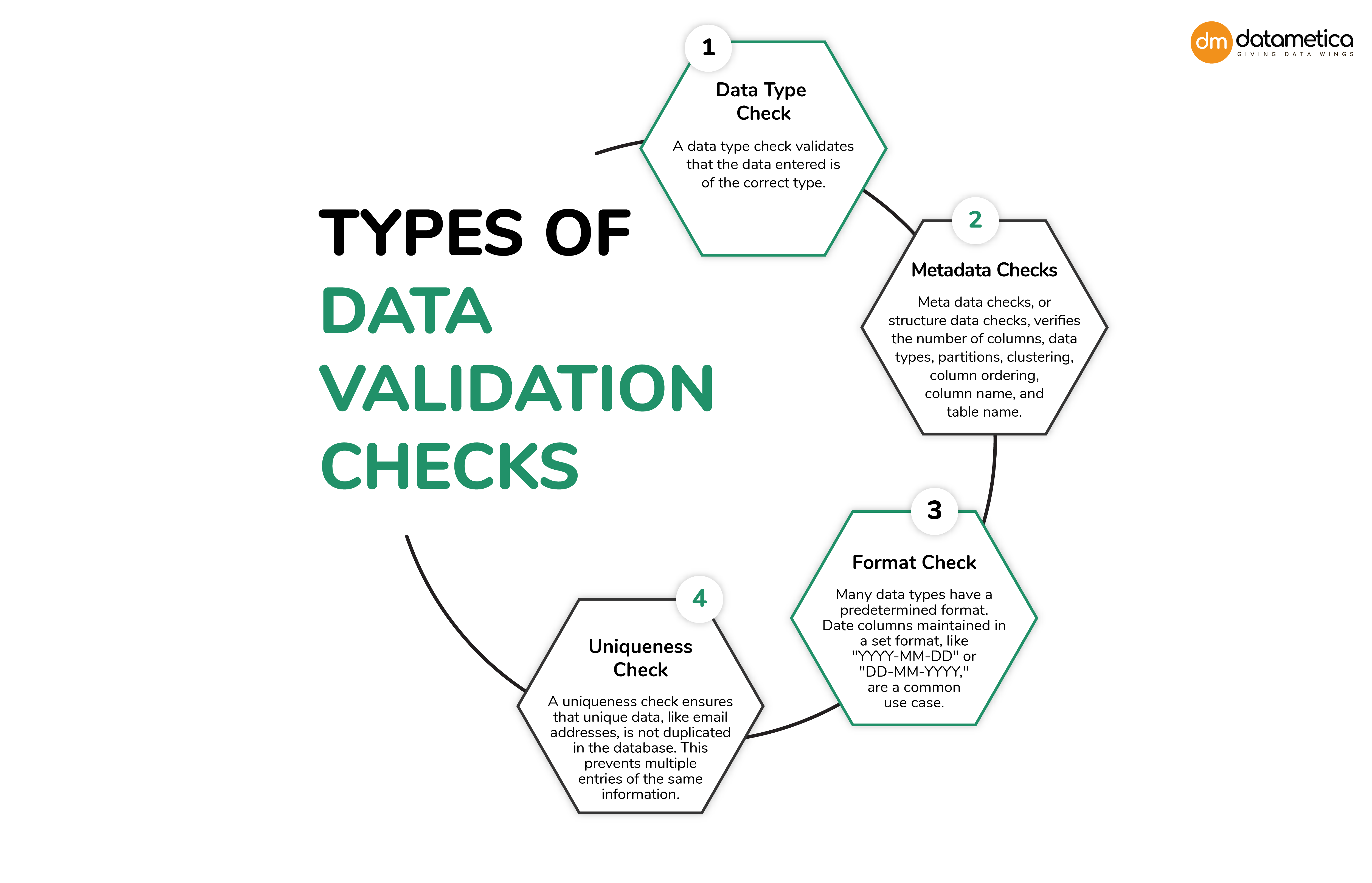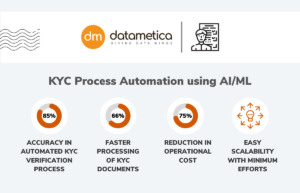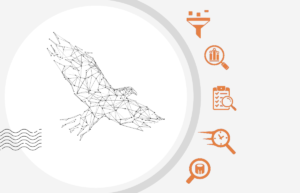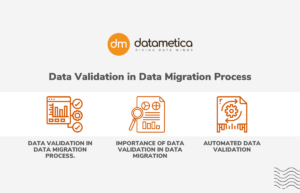Unlock data accuracy with Pelican’s Full Data Validation. Discover how this AI-powered tool revolutionizes cell-level data validation in a single iteration.
In today’s data-driven world, ensuring the accuracy and integrity of data has become a top priority for businesses across industries. Data quality challenges can lead to costly errors, inaccurate insights, and a loss of trust in data-driven decision-making. To address this challenge, the importance of cell-level data validation cannot be overstated. In this article, we will explore the critical role of cell-level validation in data pipelines and how Datametica’s Pelican, with its revolutionary capabilities, streamlines the process, ensuring data accuracy and quality in a single iteration.

What are the Types of Data Checks?
There are different ways to validate data, and businesses use them as per their company’s requirements. Most businesses use two or more types of data validation checks in order to ensure the integrity of the data stored. Here are some common types of data validation checks:
Types of Data Validation Checks

The Significance of Cell-Level Data Validation
Cell-level data validation is the practice of thoroughly examining individual data points within a dataset to identify discrepancies, errors, or inconsistencies. This level of scrutiny is essential for several reasons:
- Preserving Data Integrity: Inaccurate or inconsistent data can have a cascading effect, leading to incorrect conclusions and poor decision-making. By validating data at the cell level, organizations can maintain data integrity and trust in their information.
- Preventing Costly Errors: Data errors can result in financial losses, compliance violations, and reputational damage. Cell-level validation is a proactive measure to catch and correct errors before they cause significant harm.
- Enhancing Data Quality: High-quality data is the foundation of reliable insights. Validating data at the cell level ensures that the data is clean, accurate, and ready for analysis.
- Meeting Regulatory Compliance: Many industries are subject to strict regulatory requirements regarding data accuracy and reporting. Cell-level validation helps organizations comply with these regulations.
- Boosting Decision-Making: Accurate data leads to better decision-making. By validating data at the cell level, organizations can make informed choices that drive success.
The Challenge of Traditional Data Validation
Traditional data validation methods often fall short of addressing the complexities of modern data pipelines. These methods may involve multiple iterations, manual checks, and an array of tools and scripts. As data volumes and complexity continue to grow, these approaches become increasingly impractical, costly, and time-consuming. This is where Datametica’s Pelican, with its advanced capabilities, comes to the forefront.
- Depends on individual skills
- Data Duplication
- Data Leakage
- Data Corruption
- Massive time involved
- Orchestration among the army of QAs
How does Pelican streamline Cell-Level Data Validation?
Datametica’s Pelican offers a revolutionary approach to data validation with its Full Validation feature. This feature addresses the challenges of cell-level validation by streamlining the process and delivering a range of compelling benefits:
- Single Iteration Validation
The standout feature of Pelican’s Full Validation is its ability to identify all mismatched cells in a data pipeline table in a single iteration. This means that the entire dataset is comprehensively validated with unmatched accuracy and speed. No longer do organizations need to rely on multiple scans or manual checks, as Pelican brings all discrepancies to light in a single, efficient run.
- Handling Diverse Load Types and Table Types
Data pipelines are rarely straightforward, often involving a mix of load types (e.g., truncate and load, delta load, insert only) and diverse table types (e.g., SCD1, SCD2, transactional). Pelican’s Full Validation feature is equipped to validate tables with different loads and table types, making it a versatile solution for complex data ecosystems.
- Cost Savings on Cloud Platforms
As organizations increasingly rely on cloud platforms for data processing, cost efficiency is a significant concern. Pelican’s ability to perform validation in a single scan reduces the resources and time required for data validation, leading to substantial cost savings in cloud environments. - Minimizing Quality Assurance (QA) Efforts
Quality Assurance (QA) teams play a crucial role in data validation. Pelican automates and accelerates the data validation process, reducing the efforts required from QE teams. This allows them to focus on more strategic and value-added activities, ultimately improving efficiency and productivity.
Pelican a Game-Changer for Modern Businesses

Cell-level data validation is at the heart of data accuracy, and it is a fundamental step in maintaining data integrity and trust. Traditional methods of data validation fall short in the face of growing data complexity and volume. Datametica’s Pelican, with its Full Validation feature, redefines data validation by identifying all mismatched cells in a data pipeline in a single iteration. This revolutionary approach not only streamlines the process but also brings a host of benefits, including cost savings, improved data quality, and enhanced decision-making.
As businesses continue to grapple with ever-expanding datasets, Pelican’s capabilities in cell-level data validation stand as a beacon of hope. By embracing this cutting-edge solution, organizations can ensure the accuracy and reliability of their data, empowering them to make informed, strategic decisions with confidence. In the age of data-driven decision-making, Pelican’s Full Validation feature is the key to unlocking the true potential of data.
Get in touch and learn more.
.
.
.
About Datametica
A Global Leader in Data Warehouse Modernization & Migration. We empower businesses by migrating their Data/Workload/ETL/Analytics to the Cloud by leveraging Automation.




One Comment